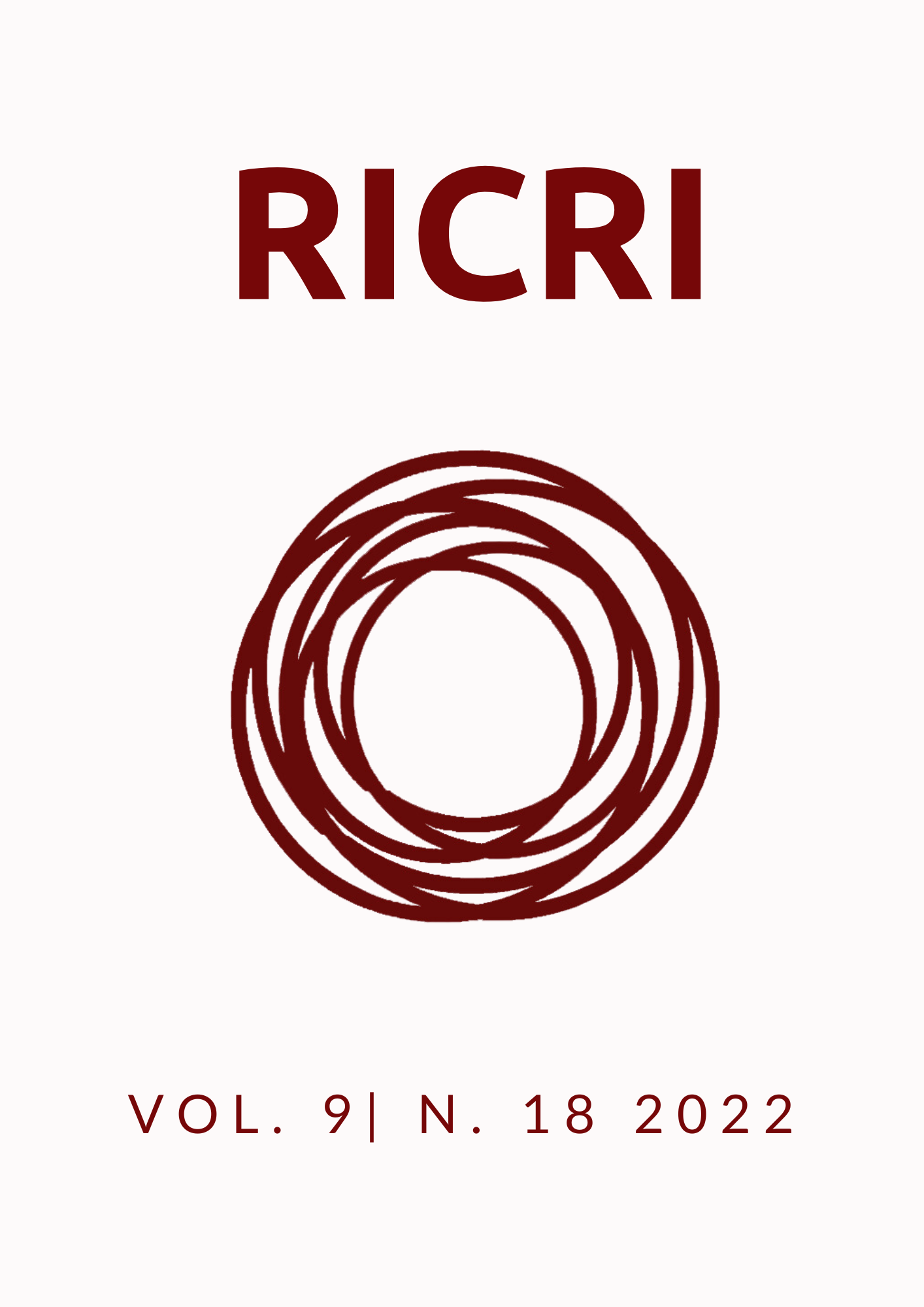Failed States: Description of the Reality or Self-Fulfilling Prophecy?
DOI:
https://doi.org/10.22478/ufpb.2318-9452.2022v9n18.58594Abstract
Nos últimos anos, o termo “Estado Falido” tem sido frequentemente referenciado na mass media e no discurso político. Ao lado deste processo, nota-se o surgimento de diversos índices de comparação de desempenho estatal, como o Fragile States Index (FSI), que fornecem um componente estatístico-matemático fundamental para reforçar a possibilidade de determinação a “fragilidade” de um Estado. A partir da ideia de colonialidade presente na obra de Quijano (2005) e da crítica sobre as respostas políticas internacionais tradicionais à falência estatal desenvolvida por Brooks (2015), o presente artigo visa problematizar a caracterização de um Estado como Falido ou Frágil, apontando para o caráter eurocêntrico e tecnicista dos índices, que acabam por não incorporar a pluralidade de modelos institucionais e culturas existentes no mundo. Para aprofundar o debate, também será analisada a aplicação do conceito no caso asiático, onde evidencia-se uma divergência entre a relevância de determinados Estados no cenário internacional e sua classificação como Estado Frágil no âmbito do FSI.
Downloads
Published
How to Cite
Issue
Section
License
Copyright (c) 2022 Journal of Scientific Initiation on International Relations

This work is licensed under a Creative Commons Attribution-NonCommercial 4.0 International License.
Authors who publish with this journal agree to the following terms:
a. Authors retain copyright and grant the journal right of first publication with the work simultaneously licensed under a Creative Commons Attribution License that allows for sharing of work with acknowledgment of its initial publication in this journal.
b. Authors are able to take on additional contracts separately for non-exclusive distribution of the version of the work published in this journal (e.g., post it to an institutional repository or as a book), with an acknowledgment of its initial publication in this journal.
c. Authors are permitted and encouraged to post their work online ( eg, in institutional repositories or on their website) at any point before or during the submission process, as it can lead to productive exchanges , as well as increase the impact and citation of published work ( See the Effect of Open Access).




